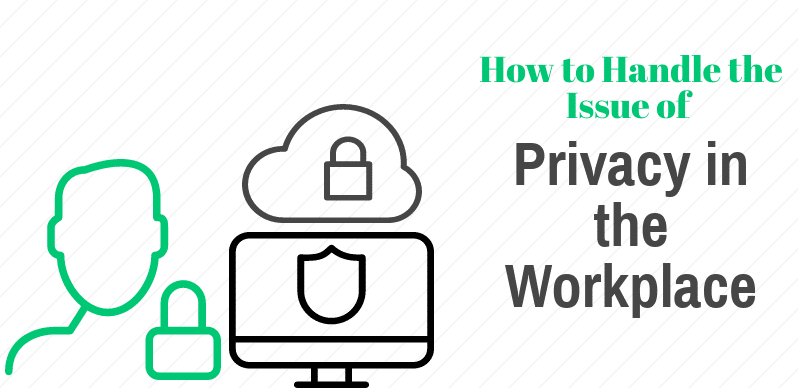
Privacy in the Workplace
An employee’s right to privacy, and the general topic of privacy in the workplace, is an increasingly complex question. More and more businesses rely on electronic correspondence, mobile technologies, and employee monitoring – collecting masses of private data as a result. There are a range of state and federal standards Australian businesses must comply with in regards to the private information. This includes information about employees, contractors, and customers.
What rights do employees and businesses have over private information?
National Privacy Principles
The Australia Privacy Principles (APP) regulate how personal information must be handled by a range of organisations. They apply to all federal government agencies, all private sector business and NFPs with annual turnover of more than $3 million, private health providers and some small businesses. The APP outline how personal information is collected and stored, and the rights people have to access and correct stored personal data.
Importantly for business, the Principles DO NOT cover personal information in employee records for current or former staff. This is protected under separate industrial relations legislation. They DO cover however, personal information collected about contractors or potential employees during the recruitment process.
Privacy and WorkCover claims
When an employee makes a WorkCover claim, there is a limited amount of information an employer can request. Employers can ask for information on the nature of the injury, work-related causes of the injury, rehabilitation/return-to-work arrangements, and the status of the claim. An employee can give written authority to WorkCover for the employer to access other personal information if required.
Employers cannot access WorkCover information about a potential employee during the recruitment process. Individuals can request access to personal data held by WorkCover at any time.
Workplace surveillance and employee monitoring
More and more businesses now rely on mobile technologies and electronic communications, such as emails or text messages. Whether or not a business can monitor their employees across these channels is one of the most common issues in workplace privacy discussions.
In Australia, only three jurisdictions – NSW, the ACT and Victoria – have laws specifically covering surveillance of activities in the workplace. Generally speaking, employers have the right to monitor your email and internet activity when using business devices and accounts. Employees need to be notified of any monitoring – something that should be made very clear from the commencement of employment. This includes collecting emails sent and received, internet history, and checking phone call logs, (though not necessarily the content of phone calls).
Businesses are also permitted to GPS track employees on the road, (for example, delivery drivers), collect biometric information (such as fingerprints for registering attendance), and operate CCTV cameras. In each of these cases, privacy legislation does not apply, but surveillance legislation does. For example, the NSW Workplace Surveillance Act requires employees to be notified at least 14 days prior to use of CCTV cameras, cameras must be clearly visible, and signs must be in place to advise people entering the premises they may be recorded.
*Please note that Roubler does not offer products or services that include CCTV, video monitoring, GPS or fingerprint/biometric detail capture technology.
Privacy and drug testing in the workplace
Some employees may consider drug testing an unnecessary intrusion into their personal lives. Alcohol, for example, is a legally available substance. It is a legal obligation for a business however, to provide a safe work environment for all employees. In some industries, the presence of drugs or alcohol could cause serious harm to employees, the public, and the business.
Drug testing is most prevalent in industries where there is a large safety aspect to the job or where heavy machinery is used. A number of courts and tribunals have found drug testing to be an intrusion on the privacy of an employee. However, it is still lawful for a business to include a drug testing policy in employment agreements where there is a legitimate and reasonable need to do so. For example, for drivers of public transport vehicles, or people on building sites.
If an employee refuses to take a test where an employment agreement outlines it as a requirement of the job, the Fair Work Commission could find they have disobeyed a lawful and reasonable direction by the employer. In this case, termination or disciplinary action is a valid course of action.
All employers conducting drug testing must have a consistent and clear policy in place prior to any testing taking place.
Privacy in the workplace is a complex issue, but it’s vital that both employers and employees are aware of their rights and responsibilities.